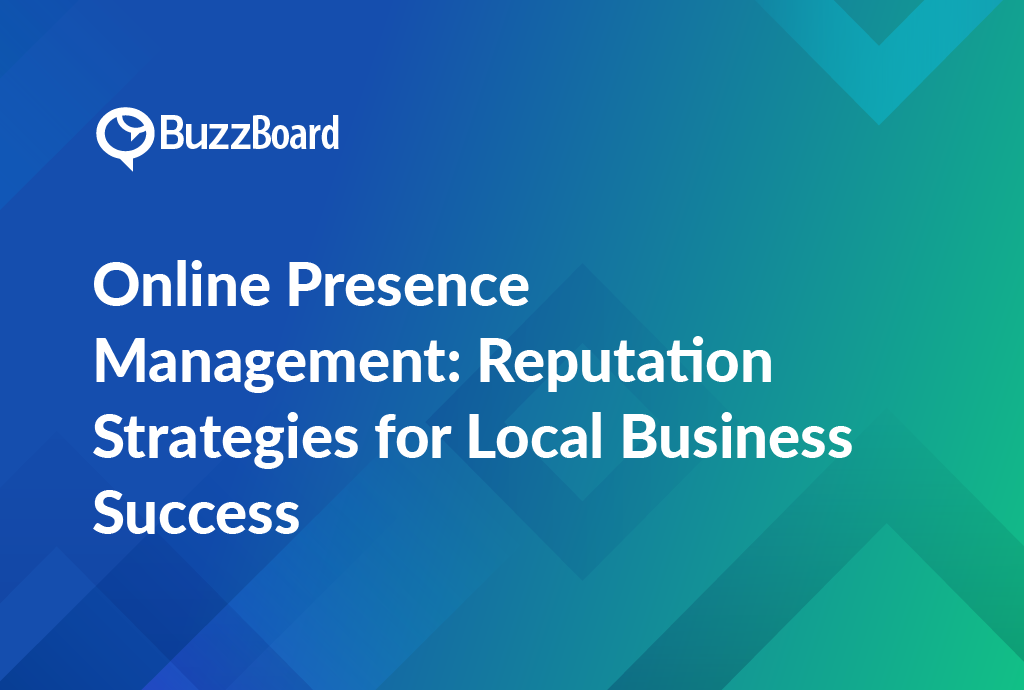Understanding the Importance of Ethical Considerations in Small Business Outreach
The significance of ethical considerations in small business outreach is paramount. Privacy concerns, data security, consent requirements, fair competition, and ethical marketing critically shape the integrity of your business interactions.
Using deceptive practices or disseminating misleading information can not only undermine your reputation but also lead to legal repercussions. As a knowledgeable sales representative, you must aspire to establish a robust ethical framework for your small business outreach initiatives.
Privacy concerns hinge on how businesses manage their clients’ and customers’ sensitive information. As a small business reaching out to prospective clients, it’s essential to ensure that your data security measures are robust. Ethical handling of data entails obtaining unequivocal consent from your clients before collecting or utilizing their information. That underscores the importance of understanding and adhering to consent requirements.
In your outreach initiatives, refrain from participating in deceptive practices that could portray your business falsely or hyperbolically. The influence of misleading information online can be severely damaging.
Fair competition and ethical marketing are pivotal to maintaining an honest business environment. Upholding these principles can cultivate trust and rapport with your clients.
You may find these AP Style English resources beneficial for adhering to these vital ethical principles. Getting things right from the start can safeguard you from potential lawsuits, disgruntled customers, and a tarnished business reputation.
When your agency prepares for a small business outreach next time, remember to prioritize these ethical considerations. The success of your efforts may significantly rely on it.
Understanding the Importance of Ethical Considerations in Small Business Outreach
In the realm of digital marketing, small enterprises grapple with unique challenges that can influence their growth and prosperity. Among these obstacles are ethical considerations for small business outreach, which entails addressing privacy concerns and guaranteeing data security.
Just like their larger counterparts, small businesses must conform to ethical standards when doing outreach. This means avoiding deceitful practices, misleading information, and ensuring fair competition. The Federal Trade Commission states that deceptive tactics can potentially tarnish a company’s reputation, damage client relationships, and even lead to severe penalties.
At the core of these ethical considerations is the promise of privacy and data security. The surge in digital data has revolutionized marketing outreach tactics, propelling data security as a top priority. Under this increased scrutiny and potential liability, no business can dismiss the consent requirements mandated by data protection laws.
As ethical advertising practitioners, it’s essential to ensure that all personal data gathered through outreach campaigns is secure and used ethically. Complying with the laws overseeing deceptive advertising, consent for data usage, tracking digital footprints, and protecting customer privacy is equally crucial.
Acquiring knowledge about privacy laws and executing stringent data security systems are paramount steps in upholding ethical business outreach practices. To learn more about ethical considerations for small business outreach, visit here.
Garner insights on how privacy concerns and data security affect ethical business practices.
Never forget, integrity in marketing isn’t just good for business- it’s good ethics.
The Role of Consent Requirements and Deceptive Practices in Small Business Ethics
The ethical principles that guide small business operations can significantly impact their image and efficiency. In our data-driven era, an essential ethical point for small business outreach centers on consent requirements and deceptive practices.
Consider this: every time a small business reaches out to potential customers, privacy concerns and consent requirements become imperative. Consumers have become increasingly aware of their data security and are deeply concerned about potential violations. Thus, securing explicit consent from consumers before using their data is a vital aspect of business ethics.
However, obtaining consent doesn’t give businesses unlimited freedom. They must avoid misleading information and deceptive practices at all times. Tactics such as disguising undesired terms in fine print or employing confusing jargon can harm consumer trust, damaging a business’s reputation, tarnishing its image, and hindering its growth.
Moreover, deceptive practices conflict with fair competition and ethical marketing principles. These principles constitute the foundation of a healthy business setting, endorsing a fair marketplace where businesses compete based on the quality of their products and services, not on manipulative strategies.
Undoubtedly, prioritizing these considerations significantly benefits businesses in the long run by enhancing their reputation, fostering customer loyalty, and promoting sustainable growth.
In conclusion, salespeople at digital marketing agencies must understand these ethical concerns and adjust their strategies accordingly. Ethical considerations are not hindrances but catalysts that encourage long-term success and customer loyalty.
The Consequences of Unfair Competition and Spreading Misleading Information in Small Business Outreach
The small business outreach landscape is laden with hurdles – the most significant being unfair competition and the dissemination of misleading information. Thus, the ethical considerations for small business outreach require a comprehensive examination of practices observed in this domain.
Unfair competition and deceiving information don’t just erode the very core of ethical marketing, they also potentially ruin the repute of businesses, regardless of size. Unfair competition takes various forms, one being the deceptive tactics where a business, vying to gain an upper edge, disseminates false or misleading particulars about its products or services, or about its competitors. This doesn’t just tarnish the essence of fair competition but misguides potential clients, creating a skewed market perception with extensive repercussions.
Dissemination of deceptive information erodes trust – a critical component in any successful client-business relationship. It infringes upon privacy concerns and consent stipulations, as businesses might resort to shady methods to gather data concerning competitors and consumers, thereby raising ethical concerns and intensifying data security risks.
Consequently, it’s crucial for businesses to avoid such stratagems. They should, instead, concentrate on ethical marketing – delivering transparent, accurate, and pertinent information to prospective clients. It’s a simple equation: Embracing ethics isn’t just morally right, it’s also beneficial for your brand’s endurance and repute.
As the renowned saying goes, “”With great power comes great responsibility.”” This maxim rings true for digital marketers too. So as you strategize your outreach endeavors for small and local businesses, bear in mind the ethical ramifications of your deeds.
Discover more about ethical considerations in small business outreach (Insert link to another related blog post here). Curious to know about our methods to ensure ethical marketing? (Insert calls-to-action and link to a relevant webpage here).
How to Adopt Ethical Marketing in Small Business Outreach Strategies for Guaranteed Success
Implementing ethical marketing strategies in small businesses can lead to beneficial outcomes, including strengthened customer trust, brand loyalty, and enhanced reputation. It’s necessary to consider ethical aspects in small business outreach to sidestep potential pitfalls that could damage your company’s prospects.
One of the most significant ethical issues for businesses, regardless of size, is privacy. Concerns revolving around data security can propel or pulverize a brand. It’s vital to ensure your customers’ data is scrupulously protected and utilized only with express consent, giving due emphasis to strict consent requirements.
Another essential aspect is to avoid deceptive practices. While distributing misleading information may provide a temporary sales boost, it can tarnish your reputation over time. Aim to produce honest content, present accurate information about your products or services, and fulfill your promises.
Fair competition represents another ethical concern. Marketing tactics that unfairly target or misrepresent competitors are not only unethical, but they could also lead to legal repercussions. Therefore, adopting truthful competitive strategies is important.
Ethical marketing fosters respect for customers’ rights, encourages transparency, and underscores the importance of corporate social responsibility. This approach hinges on forging an environment that values fairness and simplicity.
For more insights into ethical marketing strategies, please visit [insert link here]. Bolster your sustainable small business outreach with ethical marketing strategies today. Differentiate yourself from your competitors and cultivate a flourishing enterprise.
Further guidance on this topic can be found at [insert hyperlink here] and [insert hyperlink here].








